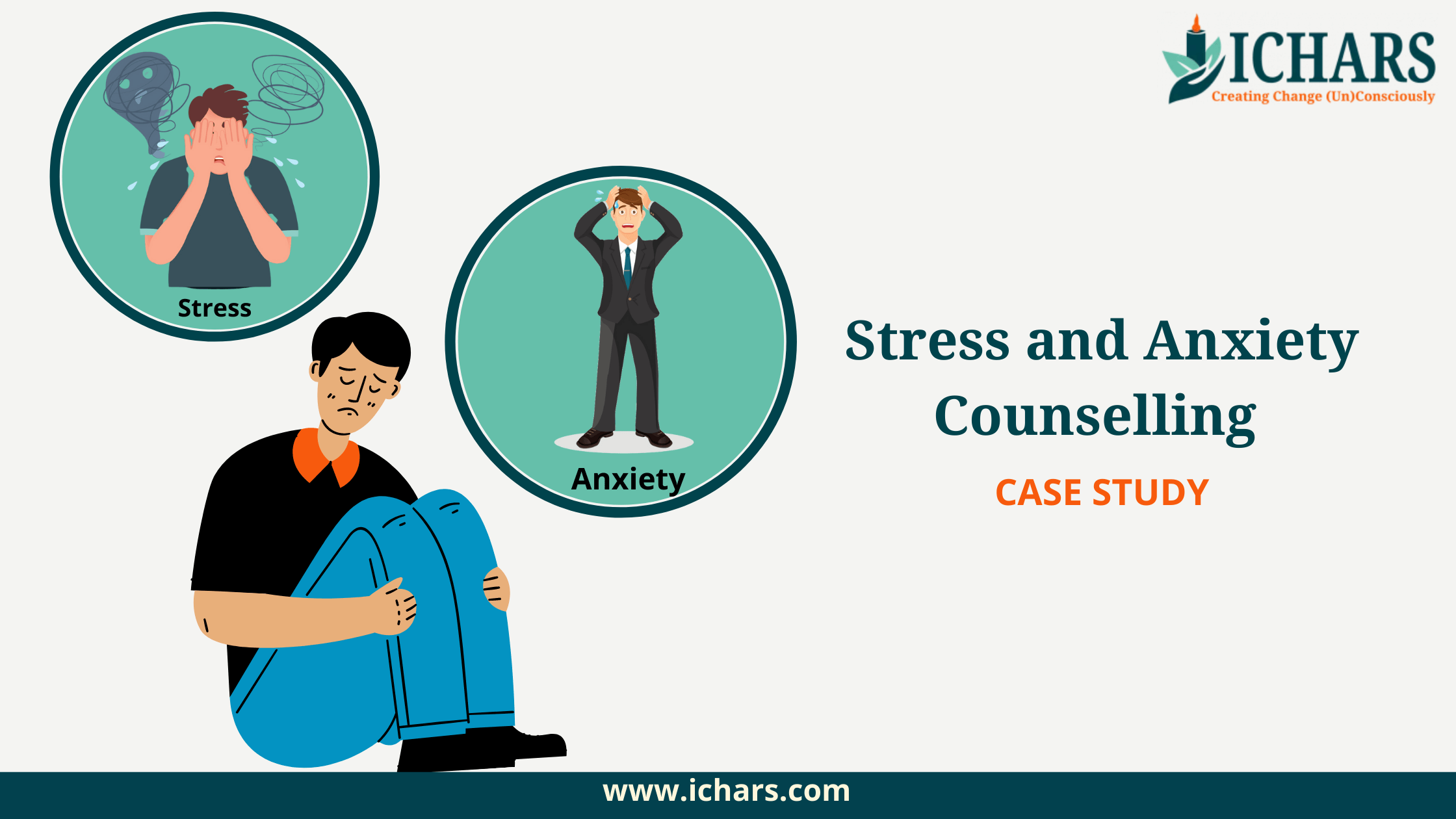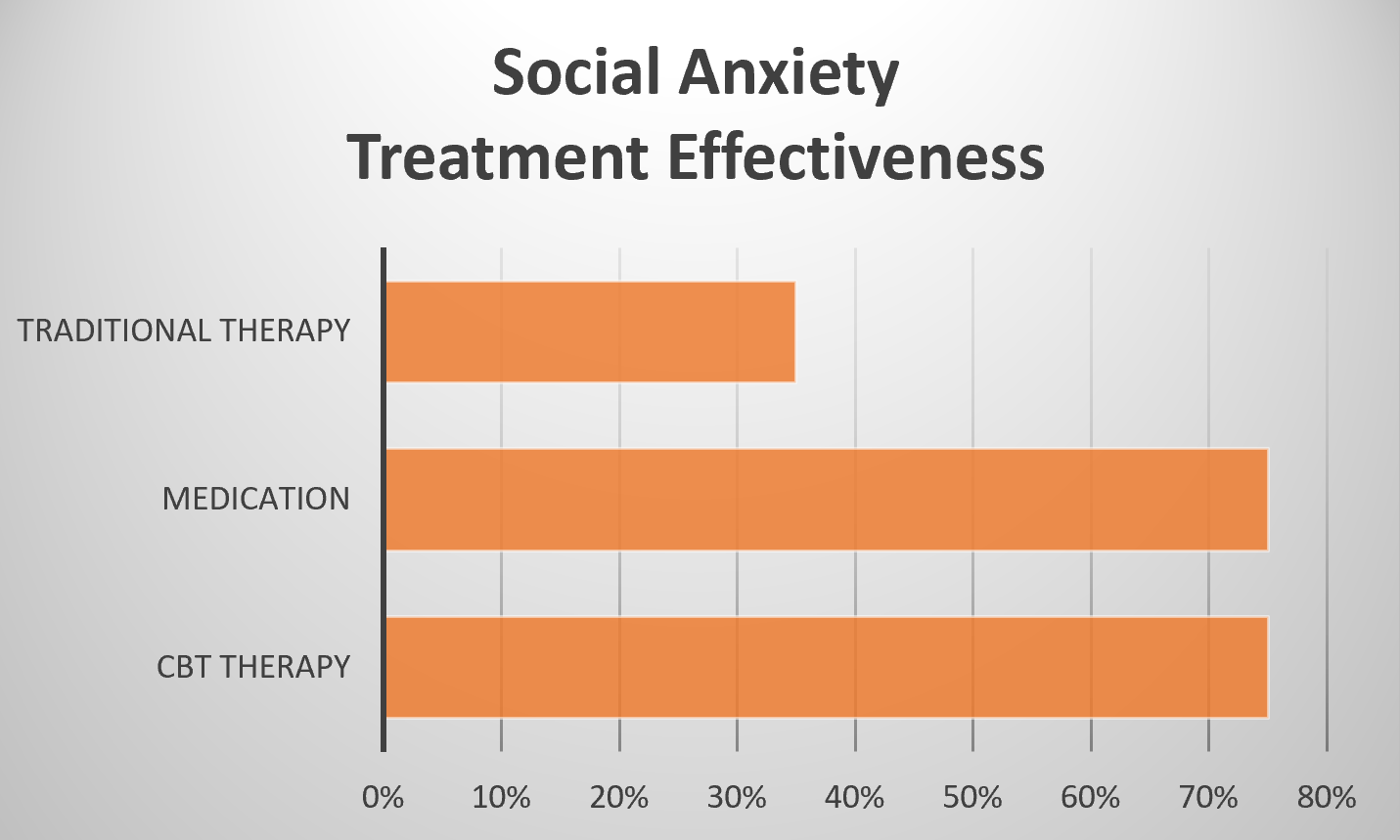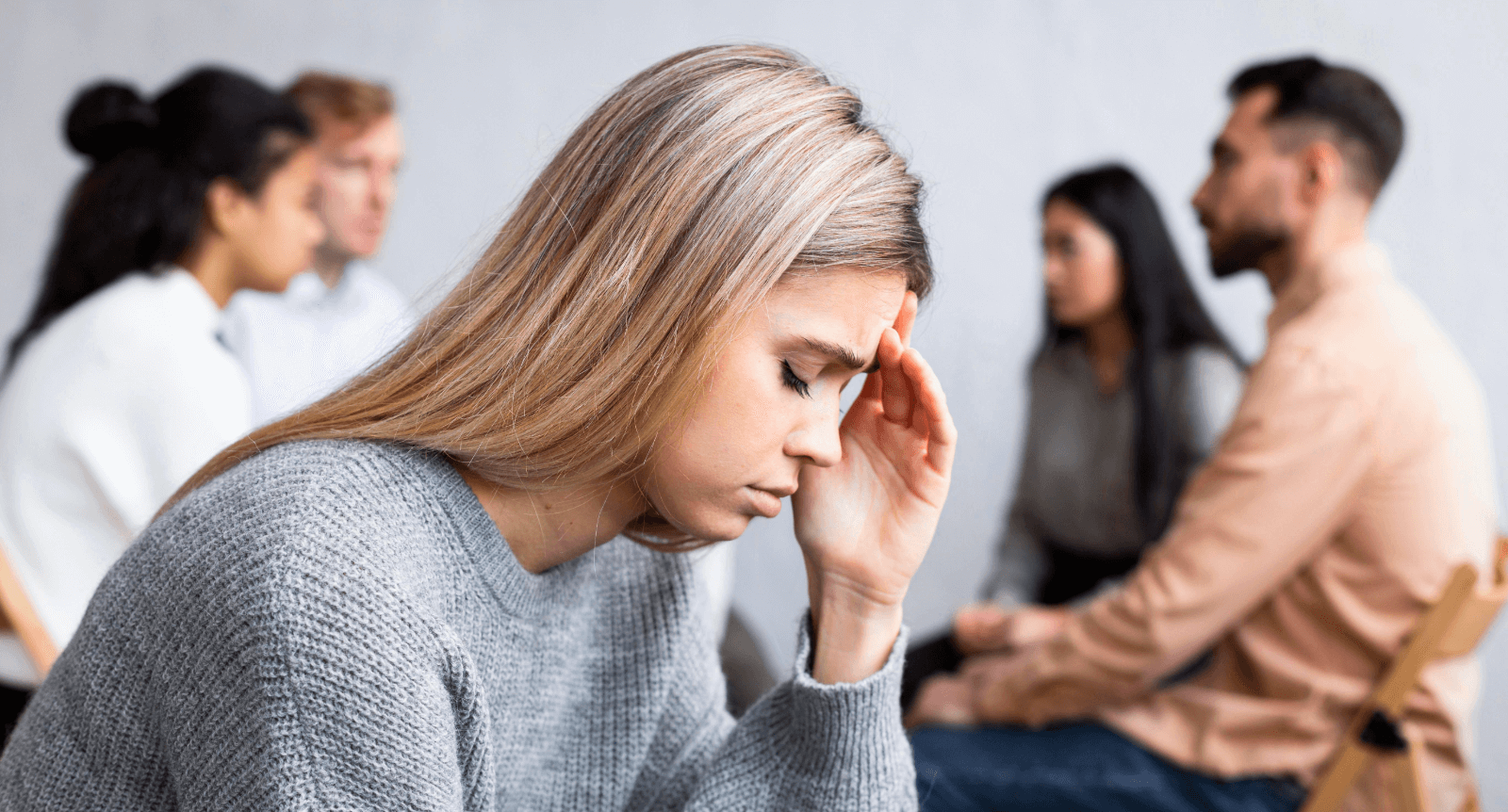Connect now for expert-led counselling for anxiety services
Connect now for expert-led counselling for anxiety services
Blog Article
Exploring Various Techniques in Therapy for Anxiousness Condition for Long-term Modification
When taking on anxiousness problems, it's necessary to discover a range of therapy strategies. Each technique supplies unique understandings and tools to assist you handle your signs successfully. You could locate that incorporating techniques can produce the ideal results. Understanding the subtleties of these techniques is vital to fostering long lasting change. Suppose the appropriate mix could release a new degree of emotional health for you?
Comprehending Anxiousness Conditions: A Quick Review
Anxiousness disorders, which impact millions of individuals worldwide, can significantly impact everyday life. You may experience overwhelming feelings of fear or fret that appear unmanageable. These sensations can result in physical symptoms like an auto racing heart, sweating, or even lightheadedness. Common sorts of anxiousness conditions consist of generalized anxiety disorder, panic attack, and social anxiety disorder. Each has unique signs, however they all share a tendency to disrupt your routine and relationships.Understanding the origin of your anxiety is crucial. It might come from genes, brain chemistry, or life experiences. Identifying your triggers can assist you handle your responses better. It's essential to bear in mind that you're not alone in this struggle. Several individuals encounter comparable difficulties, and looking for help is a solid step towards sensation better. By learning regarding anxiety problems, you're currently on the path to understanding and handling your condition more properly.
Cognitive-Behavioral Therapy: Challenging Negative Thought Patterns

Identifying Adverse Thought Triggers
Acknowledging the details triggers behind your adverse ideas can be vital in managing anxiousness when you encounter moments of distress. Start by taking notice of situations that provoke feelings of worry or worry. Is it a crowded room, an approaching target date, or a discussion with particular individuals? Take down these circumstances in a journal. This will aid you identify patterns in your reasoning. Notice physical sensations that accompany your adverse ideas, like a racing heart or tightness in your upper body. By determining these triggers, you get understanding into what's fueling your anxiety. Recognizing these links is the first step in challenging those ideas and inevitably gaining back control over your emotional feedbacks.

Changing Thoughts With Positives
Challenging adverse thought patterns is a vital action in transforming your frame of mind and reducing stress and anxiety. You might frequently find on your own trapped in cycles of self-doubt or disastrous thinking. As opposed to allowing these ideas determine your feelings, technique changing them with realistic options or favorable affirmations. When you think, "I can not handle this," change it to, "I can handle difficulties one action at a time." This easy modification can considerably impact your emotional state. Regularly recognizing and countering these adverse ideas aids produce a healthier inner dialogue. Bear in mind, it takes time and initiative, yet continually practicing this strategy can result in enduring adjustment, equipping you to face anxiousness with restored self-confidence and strength
Building Coping Techniques With Each Other
Changing negative ideas is only the beginning of handling stress and anxiety properly. To create lasting change, you require to construct coping approaches that equip you. Cognitive-Behavioral Therapy (CBT) helps you recognize and challenge those unhelpful thought patterns. Together, you and your therapist can discover how these thoughts influence your feelings and behaviors.Start by establishing sensible strategies, like journaling or mindfulness workouts, that allow you to challenge anxiety head-on. When you face your concerns progressively, you'll find out to respond differently.

Mindfulness and Acceptance-Based Approaches: Cultivating Present-Moment Understanding
As you navigate the complexities of anxiety, integrating mindfulness and acceptance-based methods can significantly boost your ability to grow present-moment awareness. By concentrating on the present moment, you'll find that you can observe your ideas and sensations without judgment. This method aids you recognize your stress and anxiety without really feeling overwhelmed by it.Engaging in mindfulness exercises, such as deep breathing, body scans, or directed meditations, allows you to ground on your own in your present experience. Acceptance-based strategies urge you to accept your emotions rather than fight versus them. They shed their power over you.Incorporating these practices right into your daily regimen can transform how you react to anxiousness when you accept your feelings. You'll establish resilience and learn to browse stressful situations with higher ease. Inevitably, growing present-moment awareness lays the foundation for lasting modification, empowering you to lead an extra satisfying life.
Direct Exposure Therapy: Confronting Concerns Slowly
Direct exposure treatment helps you face your fears in a progressive way, making it much less overwhelming. You'll learn techniques to encounter anxiety-provoking circumstances detailed, while likewise constructing coping techniques to handle your responses. This approach empowers you to take control and lower anxiousness in time.
Gradual Exposure Techniques
When encountering anxiety, slowly challenging your concerns can be a powerful method to restore control. This method, recognized as gradual exposure, involves gradually exposing on your own to the scenarios or items that trigger your anxiousness. Begin with much less daunting scenarios and progressively work your means approximately more challenging ones. For example, if you're afraid of public speaking, you might start by talking before a mirror, after that progress to sharing ideas with a close friend, and ultimately attend to a little group. Each step helps desensitize you to the worry, constructing your self-confidence gradually. Bear in mind, it's necessary to pace on your own and commemorate small success as you move with this procedure, strengthening your capability to handle anxiety effectively.
Building Coping Methods
Building reliable coping techniques is crucial for taking care of stress and anxiety, specifically as you confront your fears slowly. One powerful approach is exposure therapy, where you start by facing your fears in a regulated fashion. Begin with less frightening scenarios and slowly function your way approximately more difficult scenarios. This progressive direct exposure helps desensitize you to anxiousness sets off, making them much less overwhelming.Incorporate relaxation techniques, such as deep breathing or mindfulness, to soothe your mind during direct exposure. Track your development, commemorating small triumphes in the process to boost your confidence. Remember, it's okay to take your time; the objective isn't perfection but steady enhancement. By constructing these techniques, you'll equip on your own to navigate anxiousness and embrace life a lot more totally.
Psychodynamic Treatment: Uncovering Root Causes of Anxiousness
Psychodynamic therapy checks out the unconscious mind, disclosing the source of your anxiety - Counseling services for anxiety. By examining your ideas, feelings, and past experiences, this technique aids you uncover underlying disputes and unresolved issues that might add to your existing stress and anxiety. You'll work with a therapist to investigate childhood years experiences, partnerships, and psychological patterns that shape your reactions today.As you get insight into these much deeper layers of your psyche, you'll start to acknowledge just how previous events affect your present habits. This understanding can lead to catharsis, permitting you to process emotions you may have suppressed.Through the therapeutic partnership, you can additionally determine protection systems that may have created with time, using a clearer path to alter. Eventually, psychodynamic treatment equips you with the tools to resolve your stress and anxiety at its core, advertising long-term improvement in your psychological wellness
Alternative and integrative Strategies: Combining Techniques for Greater Efficiency
Integrating numerous healing strategies can enhance your journey toward handling anxiousness better. By incorporating elements from cognitive-behavioral treatment, mindfulness practices, and all natural methods, you can produce an individualized technique that resolves your special demands. You may use cognitive-behavioral techniques to challenge negative idea patterns while incorporating mindfulness exercises to ground on your own in the present moment.Additionally, checking out alternative methods such as yoga or meditation can advertise leisure and reduce anxiousness signs and symptoms. This blend enables you to develop higher self-awareness and resilience.Experimenting with these diverse approaches can help you find what resonates most with you. Remember, it has to do with finding a synergy that works, as opposed to sticking to a solitary method. This integrative technique not just supplies instant relief however likewise fosters long-term abilities for handling anxiousness, equipping you to recover control over your life.
The Duty of Assistance Systems: Building Resilience Through Link
While it could appear that handling anxiety is a solitary trip, having a solid support group can play a crucial role in your strength. Surrounding yourself with understanding good friends, family members, or support groups creates a secure room where get more info you can freely share your experiences and feelings. You remind on your own that you're not alone in this struggle.These partnerships provide encouragement and can supply functional coping approaches that have functioned for others when you link with others. It's additionally a possibility to gain point of view; close friends can help you see scenarios in a different way, minimizing sensations of isolation.Moreover, psychological support cultivates a sense of belonging, which can greatly ease anxiety signs. By leaning on your support system, you can construct resilience and tackle challenges better. Remember, connecting for assistance signifies stamina, and it can make all the distinction in your trip towards handling anxiousness.
Regularly Asked Inquiries
What Are the Common Signs of Anxiety Disorders?
You may experience restlessness, tiredness, difficulty concentrating, impatience, muscle stress, and sleep disturbances. Physical symptoms can consist of fast heartbeat, sweating, and trembling. Recognizing these indications early can help you seek appropriate support and therapy.

How Lengthy Does Treatment Typically Last for Anxiousness Problems?
Treatment for stress and anxiety problems usually lasts anywhere from a few weeks to numerous months. It actually depends on your individual demands, development, and the techniques your therapist uses to assist you manage your stress and anxiety successfully.
Can Medication Be Used Alongside Therapy for Anxiety?
Yes, medicine can certainly be used together with treatment for anxiety. Integrating both approaches usually boosts treatment efficiency, aiding you take care of signs while discovering underlying concerns through counseling. Constantly consult your healthcare service provider for tailored suggestions.
Are There Self-Help Approaches for Taking Care Of Anxiety?
Yes, there are a number of self-help approaches for managing stress and anxiety. You can exercise mindfulness, participate in regular exercise, preserve a balanced diet, develop a regular, and make use of deep breathing methods to help in reducing anxiousness symptoms effectively.
How Do I Know if I Required Expert Aid for Anxiousness?
You ought to think about seeking professional help for stress and anxiety if it interrupts life, creates substantial distress, or if self-help techniques aren't working. Count on your impulses; connecting can lead to much better coping abilities and assistance. Usual types of anxiety problems include generalized anxiousness condition, panic condition, and social stress and anxiety problem. When you run into minutes of distress, recognizing the specific triggers behind your adverse thoughts can be important in taking care of anxiety. Changing unfavorable ideas is only the start of managing stress and anxiety successfully. By examining your thoughts, sensations, and past experiences, this method aids you discover underlying problems and unsolved issues that may contribute to your existing anxiousness. It's also a chance to acquire point of view; good friends can help you see circumstances in different ways, lowering sensations of isolation (Counseling services for anxiety).Moreover, psychological assistance fosters a sense of belonging, which can significantly ease stress and anxiety signs
Report this page